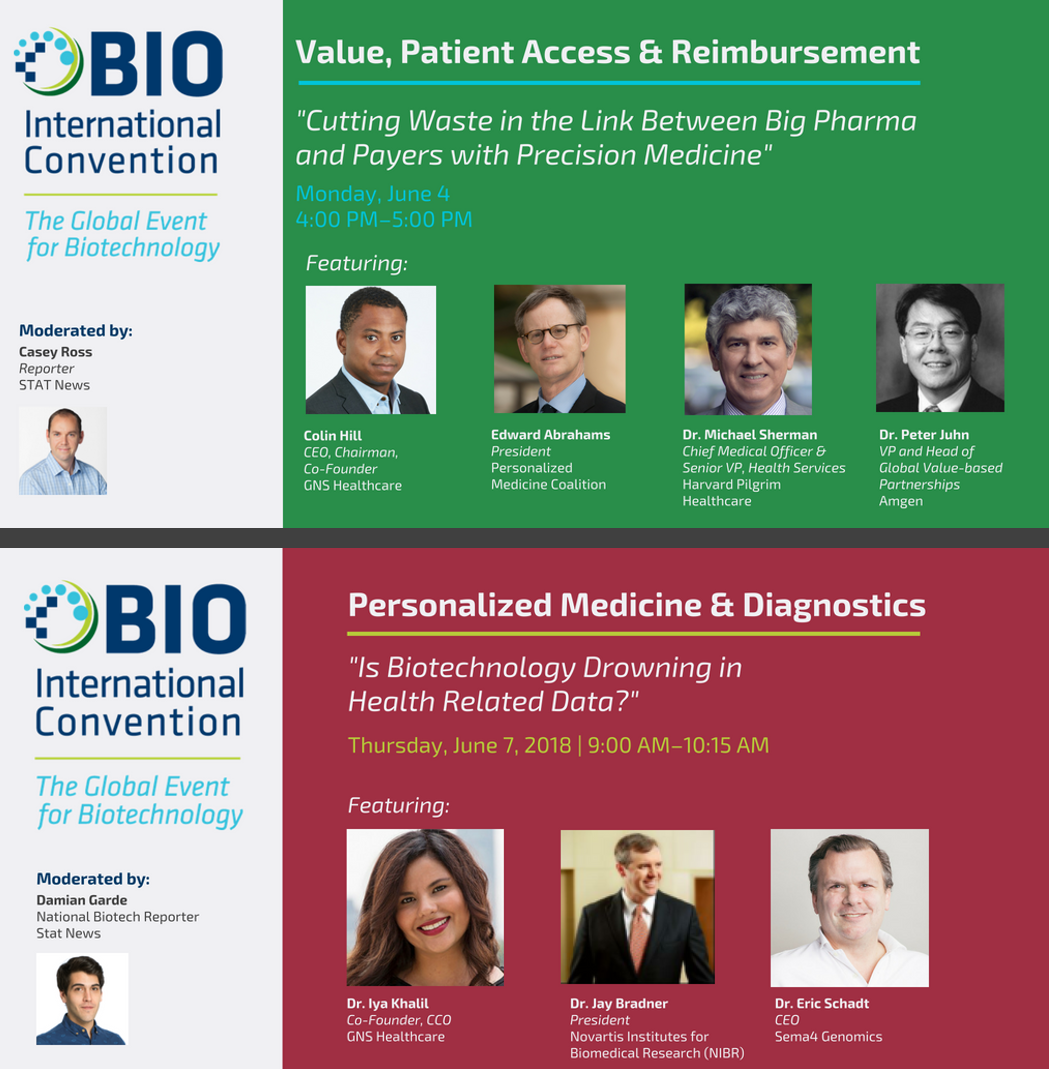
“AI is your rocket ship and data is the fuel."
Michael Dell said this to customers and partners at his annual conference, but the message will be one of the key takeaways for the 16,000 attendees expected at the 2018 BIO International Convention to be held in Boston next week. More than 5,000 companies from 70 different countries will be represented at the gathering that brings together biotechnology and pharma leaders for a week of intensive networking to discover new opportunities and promising partnerships. Discussions cover a wide spectrum of life science and application areas including drug discovery, biomanufacturing, genomics, biofuels, nanotechnology and cell therapy.
AI and precision medicine is at the forefront of innovation in most of these areas and holds the key to significant new discoveries in healthcare. But exciting – and beneficial – insights are only possible if enough data can be transformed properly by the right AI tools.
A majority of healthcare organizations have either implemented or on a path to implement precision medicine strategies according to a survey by GenomeWeb sponsored by Oracle. Six out of ten hospitals and nearly three quarters of reference and clinical labs said they have an active precision medicine initiative in place. More than half of those responding reported including AI as part of those initiatives.
Most importantly, 80 percent of those surveyed said they expect AI and machine learning to help their organizations identify new insights and improve treatment recommendation and 75 percent believed AI will increase data mining efficiency. However, a majority of the reporting organizations are concerned about their ability to integrate and manage the necessary data to properly feed the AI engines and drive their precision medicine programs1.
GNS Co-founders Colin Hill and Iya Khalil will address these issues in a pair of panel discussions at BIO 2018. Colin will be participating in a panel titled “Cutting Waste in the Link Between Big Pharma and Payers with Precision Medicine.” The discussion will focus on the conundrum of pharma companies needing to cover the enormous costs of developing effective new drugs while payers struggle with the prices being passed on to them.
Both pharma and payers are driving towards the same goal – better outcomes for patients. They also face the same challenge – the historical reality that nearly nine out of ten drugs fail to gain approval, driving the enormous cost of drug development2.
The panel will discuss how both stakeholders can reduce costs and improve outcomes by utilizing AI and precision medicine. Colin will join Dr. Michael Sherman, Chief Medical Officer and Senior Vice President, Health Services for Harvard Pilgrim Health Care; Dr. Peter Juhn, Vice President and Head of Global Value-based Partnerships at Amgen, and Dr. Edward Abrahams, President of Personalized Medicine Coalition for a cross-industry discussion, moderated by Casey Ross, National Correspondent for STAT News, on the definition of value, the data needed to power value-based strategies, and the future of value-based agreements.
Later in the week Iya will join the panel “Is Biotechnology Drowning in Health Related Data,” that addresses the suggestion that perhaps the biotech industry is trying to digest too much data. Thanks to the Human Genome Project and new diagnostic and sequencing technologies researchers are now able to accesses genomic and DNA sequencing data in quantities previously unimaginable. These new sources of data are also being combined with data from electronic health records and insurance claims that are becoming more integrated and accessible. The panel will discuss the impact of this data tsunami and try to separate promise from reality.
The panel, moderated by Damian Garde of STAT News will also feature Dr. Jay Bradner, President of Novartis Institutes for BioMedical Research and Dr. Eric Schadt, Founder and CEO of Sema 4. The panelists will touch on how data is being leveraged today, new opportunities for the application of data and technology, and how to measure success of these efforts.
Data can solve many problems related to cost and quality of healthcare but only if it is thoughtfully applied to the right areas that can result in significant progress using the right technological tools.
Those planning to attend the conference are encouraged to attend these two panel discussions to hear more about these critical issues from industry leaders.
[1] Precision Medicine Rises, Data Management Still a Barrier, by Jessica Kent, Health IT Analytics, March 9, 2018.
[2] Counting the cost of failure in drug development, by Chris Lo, Pharmaceutical Technology Timeline, June 19, 2017.

